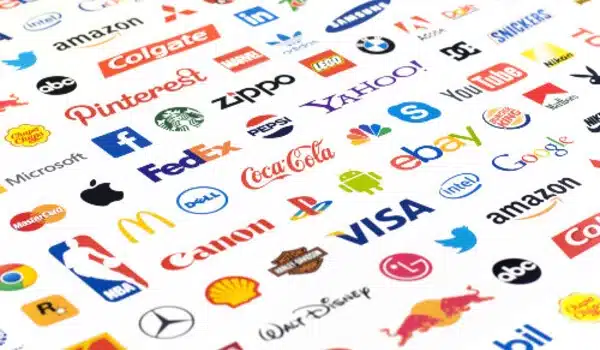The words used in a brand slogan are extremely important in capturing the attention of the target audience and conveying the desired message. A new study from Bayes Business School (formerly Cass), the University of Missouri, and the University of Arizona has discovered the word properties that make slogans effective, as the researchers discovered that the attributes that make a slogan more likeable but less memorable lead to it being more likeable but less memorable, and vice versa.
Previous research suggested that slogans be creative or capture the soul of the brand, but the authors discovered that people preferred slogans that were shorter, omitted the brand name, and used linguistically frequent and abstract words. In contrast, slogans are less liked, but better remembered, if they are long, include the brand name, and feature unusual and concrete words.
The paper, co-authored by Professor Zachary Estes, Professor of Marketing at Bayes, sheds light for the first time on the trade-offs that brands face when crafting a new slogan. It also offers marketers practical advice on choosing appropriate words, as well as guidance on how to write slogans that are either likeable or memorable in line with their strategic goals.
Brands spend a lot of time and money creating and communicating slogans that consumers will like and remember. Our research identifies specific properties of words that can make a slogan better liked or better remembered, but importantly, the properties that make a slogan more likeable also make it less memorable, and vice versa.
Professor Zachary Estes
Words matter
The researchers conducted a large multi-method study with 820 brand slogans and a variety of experiments to uncover the word properties that make slogans more effective in order to investigate the relationship between the length and composition of a slogan and how well liked it is. They polled 1,000 students and online workers to see how much they liked or disliked a selection of real brand slogans. They also administered a surprise recognition test to see which slogans they remembered seeing previously.
As a result of this experiment, the researchers discovered five linguistic properties that had opposing effects on whether a slogan was liked and remembered: length, brand name, word frequency, perceptual distinctiveness, and abstractness.
Slogans that were longer and included the brand name (Like a good neighbour, State Farm is there vs. Like a neighbour) were remembered more frequently but disliked more. Conversely, slogans that included more commonly used words (bad breath vs. halitosis) and abstract words (disease vs. halitosis) were liked but remembered less well.
This is because consumers focus less frequently and for less time on slogan words that are more abstract and frequently used. As a result, when consumers encounter fluent slogans, they are more likely to like and click on the advertisements, but they remember them less accurately.

Snag the sensation
Using these findings, the researchers then tried to improve existing brand slogans by making disliked ones more fluent, and forgettable slogans less fluent. In one experiment with 243 students, they found that the slogans they had made more fluent (e.g., changing Listerine’s slogan from ‘Stops halitosis’ to ‘Kills bad breath’) became better liked but also worse remembered. Conversely, slogans that they made less fluent (e.g., altering Toyota’s slogan from ‘Get the feeling’ to ‘Snag the sensation’) became better remembered but less liked.
Another experiment using eye-tracking technology revealed that these changes occurred because participants looked longer and more frequently at disfluent words (e.g., sensation) compared to fluent words (e.g., feeling). The researchers also saw a 28% increase in the click-through rate on a Facebook ad when they improved the fluency of a slogan, as the rate increased from 1.3% to 1.7%, lowering the cost-per-click.
As a result, the authors suggest that brands seeking recognition should use words that are difficult to process, such as rare and concrete words, whereas established brands should use words that are easy to process, such as common and abstract words.
Semantic selection
Professor Zachary Estes, Professor of Marketing in the Faculty of Management at Bayes Business School (formerly Cass), said:
“Brands spend a lot of time and money creating and communicating slogans that consumers will like and remember. Our research identifies specific properties of words that can make a slogan better liked or better remembered, but importantly, the properties that make a slogan more likeable also make it less memorable, and vice versa.”
“Slogans should be relatively long, include the brand name, and use rare and concrete words to be memorable. For example, BMW could change its slogan from ‘The ultimate driving machine’ to ‘BMW is the peak driving machine,’ but this would make it harder to like. In fact, our research can be regarded as the ultimate slogan generator, and we hope that it will assist marketers in selecting the best words for their brand.”











